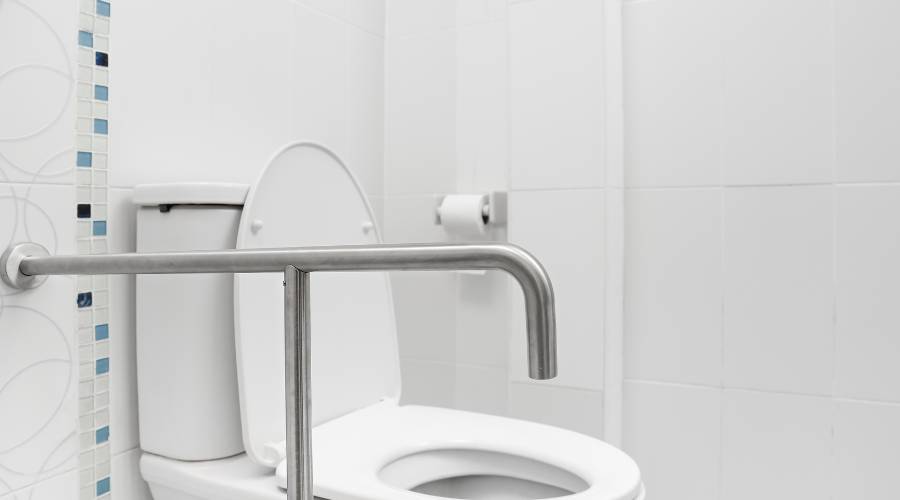Understanding Council Approval for Pergolas in Sydney
Planning a pergola can instantly transform your outdoor living space, offering shade and style for family gatherings or quiet moments in your garden. Before construction begins, understanding council approval for pergolas in Sydney is essential. Local councils enforce specific pergola regulations in Sydney to ensure structures are safe, visually appealing, and in harmony with neighbourhood character.
Many homeowners aren’t aware that even small outdoor projects may require approval. Skipping this step can lead to costly setbacks, including legal notices or demands to remove unapproved additions. Each suburb or council area may have unique requirements about the size, height, roof type, and placement of pergolas. These rules exist not just for safety but also to protect property values and community amenity.
This article serves as your roadmap through the maze of council approval for pergola Sydney projects. You’ll discover:
- What defines a pergola and why approvals matter
- When council approval is required—and when it’s not
- Key regulations by size, height, and design
- How heritage zones or bushfire areas might affect your plans
- Steps to secure fast-track CDC (Complying Development Certificate) exemptions or full approvals
With practical advice from seasoned renovation experts at Sydney Renovation Group, you’ll feel empowered to build a compliant pergola that fits your needs safely and legally.
What Is a Pergola and Why Consider Council Approval?
A pergola is an outdoor structure typically consisting of columns that support a roofing grid of beams and rafters. This roofing grid may be left open or covered to create a sheltered area. Pergolas are popular in residential settings for their ability to define outdoor spaces, provide shade, and enhance the aesthetic appeal of gardens and patios.
Common Uses of Pergolas in Residential Settings
Here are some common ways pergolas are used in homes:
- Outdoor Dining Areas: Perfect for creating an inviting space for family meals or entertaining guests.
- Garden Features: Often used to support climbing plants, adding greenery, and creating a natural canopy.
- Shaded Walkways: Ideal for connecting different parts of the garden or property while offering protection from the sun.
- Relaxation Zones: Comfortable spaces for lounging with outdoor furniture.
Reasons Why Council Approval Might Be Required
Understanding why council approval might be necessary helps homeowners avoid potential pitfalls:
- Structural Safety: Ensuring that the pergola meets local building codes and safety standards.
- Compliance with Zoning Laws: Aligning with zoning laws that dictate how land can be used, including size and placement restrictions.
- Neighbourhood Aesthetics: Maintaining the visual harmony of your neighbourhood by adhering to design guidelines.
Benefits of Complying with Local Regulations
Complying with local regulations offers several advantages:
- Safety: Approved structures are inspected to ensure they are safe and durable.
- Value Preservation: Properly permitted pergolas can enhance property value.
- Legal Protection: Avoiding fines or legal issues by ensuring all constructions are legal.
Understanding these aspects helps you make informed decisions about your outdoor structure projects in Sydney.
When Is Council Approval Required for a Pergola in Sydney?
Sydney councils have clear council approval requirements for any new pergola project. Whether your backyard retreat needs sign-off depends on a few key factors:
- Size: Pergolas under 10 square metres are often exempt from council approval, provided they meet other specific criteria.
- Height: Most councils set height limits at 2.4 metres above finished ground level to remain exempt. Anything taller may require formal approval.
- Roof Type: Open-roof pergolas—structures with beams but no solid roofing—are treated differently from enclosed or roofed pergolas. A solid or enclosed roof (like polycarbonate, tin, or tiles) usually means stricter rules and may trigger the need for a development application.
Examples from Sydney’s North Shore and Inner West show that even small variations in size or roof design can make the difference between an easy installation and a lengthy permit process.
“A lightweight timber pergola with open slats, less than 10 sqm and under 2.4m high at all points, typically skips the application step,” explains one North Shore project manager. “Add a solid roof or exceed these dimensions, and you’ll likely need official council consent.”
Careful consideration of these pergola size limits and height restrictions helps homeowners avoid costly surprises. Enclosed pergolas, especially those intended as weatherproof outdoor rooms, almost always need formal assessment due to their impact on neighbours and property aesthetics.
Sydney’s regulations protect both safety and streetscape character—getting clarity early is key before breaking ground on your backyard upgrade.
Understanding CDC Exemptions and Complying Development Certificates for Pergolas in Sydney
When seeking council approval for pergola projects in Sydney, it’s crucial to understand CDC exemptions and the significance of a Complying Development Certificate (CDC). These options assist homeowners in expediting smaller, straightforward projects like modest pergolas.
What Are CDC Exemptions?
Exempt development NSW rules permit certain small-scale structures, such as open-roof pergolas within specific size and height limits, to bypass the requirement for formal council approval. If your pergola meets criteria such as being under 10 square metres and not exceeding 2.4 metres in height, it may fall under the CDC exemptions in the Sydney guidelines. This means you can construct without submitting a lengthy application, as long as all conditions are strictly fulfilled.
Applying for a Complying Development Certificate (CDC)
For pergolas that do not qualify as exempt but still adhere to streamlined planning controls, a Complying Development Certificate offers an efficient alternative to a full development application. The process involves:
- Preparing detailed site plans, elevations, and specifications.
- Submit documents to an accredited certifier or your local council.
- Receiving assessment within a set timeframe—usually much quicker than standard applications.
Why Choose the CDC Path?
Opting for a CDC provides several advantages:
- Fast-track approvals—reduced waiting times mean you start building sooner.
- Clear requirements—less room for subjective interpretation by authorities.
- Lower costs compared to traditional DA processes.
Selecting the appropriate pathway saves time, money, and stress during your Sydney pergola project. Each step ensures your construction is legal and hassle-free while complying with city planning standards.
Planning Rules Affecting Pergola Construction in Sydney
Sydney’s planning rules shape every pergola project, and understanding these controls sets the foundation for a successful build. Councils rely on zoning laws and land use controls to manage what can be built, where, and how it must look. Residential areas typically allow pergolas, but restrictions may apply based on the specific zoning of your property.
Key considerations include:
- Zoning Laws: Each suburb in Sydney falls under a particular zoning category (such as R2 Low Density Residential or B1 Neighbourhood Centre). Zoning affects allowable structures and may limit size, height, or placement.
- Heritage Conservation Areas: If your home sits within a heritage conservation area, additional scrutiny applies. Approval is often required to ensure new structures—like pergolas—respect the historic character and style of the neighbourhood. Council may require materials and colours that blend with heritage features.
- Bushfire-Prone Zones: Properties mapped as bushfire-prone must follow strict planning rules. Here, pergola materials need to be non-combustible or specifically rated for bushfire resistance. Placement may also be restricted to maintain asset protection zones around dwellings.
- Easements and Stormwater Drainage: Many Sydney blocks have easements for utilities or drainage running through them. Pergolas cannot be built over these easements without consent from the relevant authorities. Good drainage planning is essential to prevent water pooling around new structures.
Staying alert to these planning rules ensures that your pergola not only fits your lifestyle but also stands the test of time—and council inspections—across Sydney’s diverse neighbourhoods.
Height Limits, Setbacks, and The Application Process for Council Approval or CDC in Sydney
When planning to build a pergola in Sydney, understanding the height limits and setback requirements is crucial. These regulations ensure that your outdoor structure complies with local council guidelines, promoting safety and harmony within the community.
Detailed Explanation of Height Restrictions and Their Purpose
Height limits for pergolas serve several purposes:
- Preserving Privacy: Ensuring that structures do not overshadow neighbouring properties.
- Maintaining Aesthetics: Keeping the visual profile of residential areas consistent.
- Safety Concerns: Preventing structural hazards during extreme weather conditions.
In Sydney, the height of a pergola typically should not exceed 3 metres from the ground level. Structures taller than this may require a development application (DA) due to potential impacts on neighbours.
Importance of Setbacks from Property Boundaries
Setbacks refer to the minimum distance required between your pergola and property boundaries. Adhering to these guidelines is critical for:
- Fire Safety: Minimising risk in bushfire-prone areas.
- Access for Maintenance: Allowing space for future repairs or installations.
- Neighbour Relations: Ensuring mutual respect and reducing disputes.
Generally, pergolas must be set back at least 900mm from any boundary. This distance can vary depending on your local council’s specific regulations.
Step-by-Step Guide to Submitting Plans Through the NSW Planning Portal or Local Council
Successfully navigating the application process involves several steps:
- Determine if You Need Approval: Check if your pergola meets CDC exemption criteria.
- If it doesn’t, proceed with a development application.
- Prepare Your Documentation: Create detailed site plans showing dimensions and location.
- Include elevation drawings illustrating height and setbacks.
- Provide specifications of materials to be used.
- Submit Your Application: For CDCs, use the NSW Planning Portal to lodge your compliant development certificate.
- For DAs, submit through your local council’s website or office.
- Await Assessment: The council will review your submission, considering zoning laws, environmental impact, and neighbour consultations.
- Be prepared for possible requests for additional information or modifications.
- Approval or Modifications: Upon approval, you can begin construction as per approved plans.
- If modifications are required, adjust plans accordingly and resubmit.
Required Documentation
Ensure you have all necessary documentation ready when submitting your application:
- Site Plans: Detailed layout showing exact location relative to property boundaries.
- Elevation Drawings: Side views indicating height and design features.
- Material Specifications: Descriptions of building materials ensuring compliance with safety standards.
- Neighbour Notification Letters (if applicable): Evidence of informing adjacent property owners about your project.
Adhering to these guidelines helps streamline the approval process, ensuring your pergola project proceeds smoothly while respecting community standards.
The Role of Professionals in Navigating Permitting Requirements
Engaging skilled professionals such as architects, building certifiers, surveyors, and structural engineers brings clarity and peace of mind to any renovation project management process. When it comes to council approval for pergola Sydney projects, their expertise ensures every step meets legislative requirements and avoids hidden pitfalls.
Benefits of Professional Involvement:
- Architects bring creative solutions while designing pergolas that comply with local planning rules. They can maximise your outdoor space without breaching boundaries or exceeding height limits.
- Structural Engineers confirm the pergola’s safety, factoring in wind loads and structural integrity, especially vital for larger or roofed structures.
- Building Certifiers review plans against current codes and issue compliance certificates, smoothing the path for both CDCs and full development applications.
- Surveyors precisely map site boundaries, helping avoid disputes with neighbours and ensuring adherence to council setbacks.
Professional advice often prevents costly modifications or removal orders down the line. By identifying compliance issues early, experts save homeowners from unnecessary delays or rework. Their familiarity with the Sydney council approval process also means documentation is complete and accurate, reducing back-and-forth with authorities.
A team experienced in renovation project management handles not just paperwork but also communication between council officers, tradespeople, and clients. This coordinated approach keeps projects on track and ensures a smooth journey from design concept through to construction.
Additional Considerations for Safe and Legal Pergola Construction
Safety is crucial in every successful pergola project in Sydney. Following Australian safety standards is vital, especially for structural stability. Pergolas must be designed and constructed to endure local weather conditions, such as strong winds along the coast and unexpected heavy rain. Using suitable fasteners, load-bearing posts, and proper anchoring techniques helps guarantee your outdoor structure remains stable and durable.
Importance of Licensed Electricians
For any electrical work—be it lighting, fans, or motorised louvres—Sydney’s regulations are explicit: only a licensed electrician can perform these installations. This requirement goes beyond mere compliance; it aims to safeguard your family or business from hazards like electrical fires or exposed wiring. Qualified professionals are well-versed in the specific electrical work regulations Sydney enforces, ensuring all connections are secure and certified.
Compliance in Bushfire-Prone Areas
Areas susceptible to bushfires have their own set of guidelines. Councils frequently require non-combustible materials for structures within specified zones. Using materials such as steel or specially treated timber minimises fire risk and contributes to the protection of both your home and the wider community during hot months. Consulting with your local council or bushfire authority ensures you select products that fulfil these stringent requirements.
A meticulously constructed pergola combines aesthetics with assurance by adhering to all applicable standards, creating a basis for years of enjoyment without issues later on.
Consequences of Building Without Council Approval & Why Choose Sydney Renovation Group for Your Pergola Project?
Risks of Unauthorized Construction
Building a pergola without obtaining the necessary council approval can lead to several serious consequences:
- Fines and Legal Notices: Engaging in unauthorized construction can attract significant penalties. Local councils in Sydney actively enforce building regulations, and non-compliance may result in fines and legal notices.
- Retroactive Permits and Demolition Orders: Homeowners might be required to apply retroactively for permits, which can be a lengthy and costly process. In some cases, councils may issue demolition orders, forcing you to remove the unapproved structure entirely.
- Impact on Property Value: Ensuring your pergola meets all regulatory requirements helps maintain your property’s value. Non-compliant structures can deter potential buyers and complicate future sales.
- Community Harmony: Compliance with local regulations supports community aesthetics and safety standards, contributing to neighbourhood harmony.
Why Choose Sydney Renovation Group?
Sydney Renovation Group offers comprehensive services tailored to ensure your pergola project is both beautiful and compliant. Here’s why we stand out:
Specialisation in Outdoor Upgrades
Our expertise includes crafting high-quality pergolas that enhance outdoor living spaces while adhering to all local regulations.
End-to-End Project Management
We manage the entire process from initial consultation to final inspection, ensuring smooth approvals through transparent pricing and meticulous planning.
Experienced Professionals
Our team of architects, surveyors, builders, and certifiers works together to navigate permitting requirements seamlessly. This professional guidance prevents delays and costly modifications.
Quality Craftsmanship
Known for our high-quality craftsmanship, we ensure every detail of your pergola construction meets Australian safety standards and aesthetic expectations.
“The Sydney Renovation Group transformed our backyard with a stunning pergola that complements our home perfectly. The entire process was hassle-free from start to finish!” – Sarah J., North Shore Sydney
Choosing Sydney Renovation Group means choosing peace of mind. We understand the intricacies of council approval for pergolas in Sydney and are committed to delivering projects that not only meet but exceed client expectations.
Take advantage of our 10% discount for first-time clients and let us help you create an outdoor space you’ll love. Contact us today for a free quote!
What is a pergola, and why is council approval important in Sydney?
A pergola is an outdoor structure commonly used in residential settings for shade and aesthetic appeal. Council approval is important in Sydney to ensure the pergola complies with local safety and design regulations, preventing legal issues and promoting community harmony.
When do I need council approval for building a pergola in Sydney?
Council approval is required based on factors such as pergola size (typically over 10 sqm), height limits (usually above 2.4 meters), and whether the roof is enclosed. Open-roof pergolas under these limits may be exempt from approval.
What are the Complying Development Certificate (CDC) exemptions for pergolas in Sydney?
CDC exemptions allow smaller pergolas that meet specific criteria to bypass full development applications. Obtaining a CDC involves a streamlined process ensuring compliance with NSW regulations, offering advantages like faster approvals compared to traditional council permits.
How do planning rules affect pergola construction in Sydney?
Planning rules including zoning laws, heritage conservation area restrictions, bushfire zone requirements, easements, and stormwater drainage impact where and how you can build your pergola. Special materials or additional approvals may be necessary depending on these factors.
What are the height limits and setback requirements for pergolas in Sydney?
Pergolas must adhere to council-imposed height restrictions, often around 2.4 meters, and maintain setbacks from property boundaries as per local guidelines. These measures ensure safety, privacy, and neighborhood aesthetics when submitting development applications through the NSW Planning Portal or local council.
Why should I engage professionals for my pergola project in Sydney?
Engaging architects, building certifiers, structural engineers, and qualified electricians ensures your pergola complies with all regulatory requirements including safety standards and electrical work regulations. Professional advice helps prevent costly delays or modifications during the council approval process.







